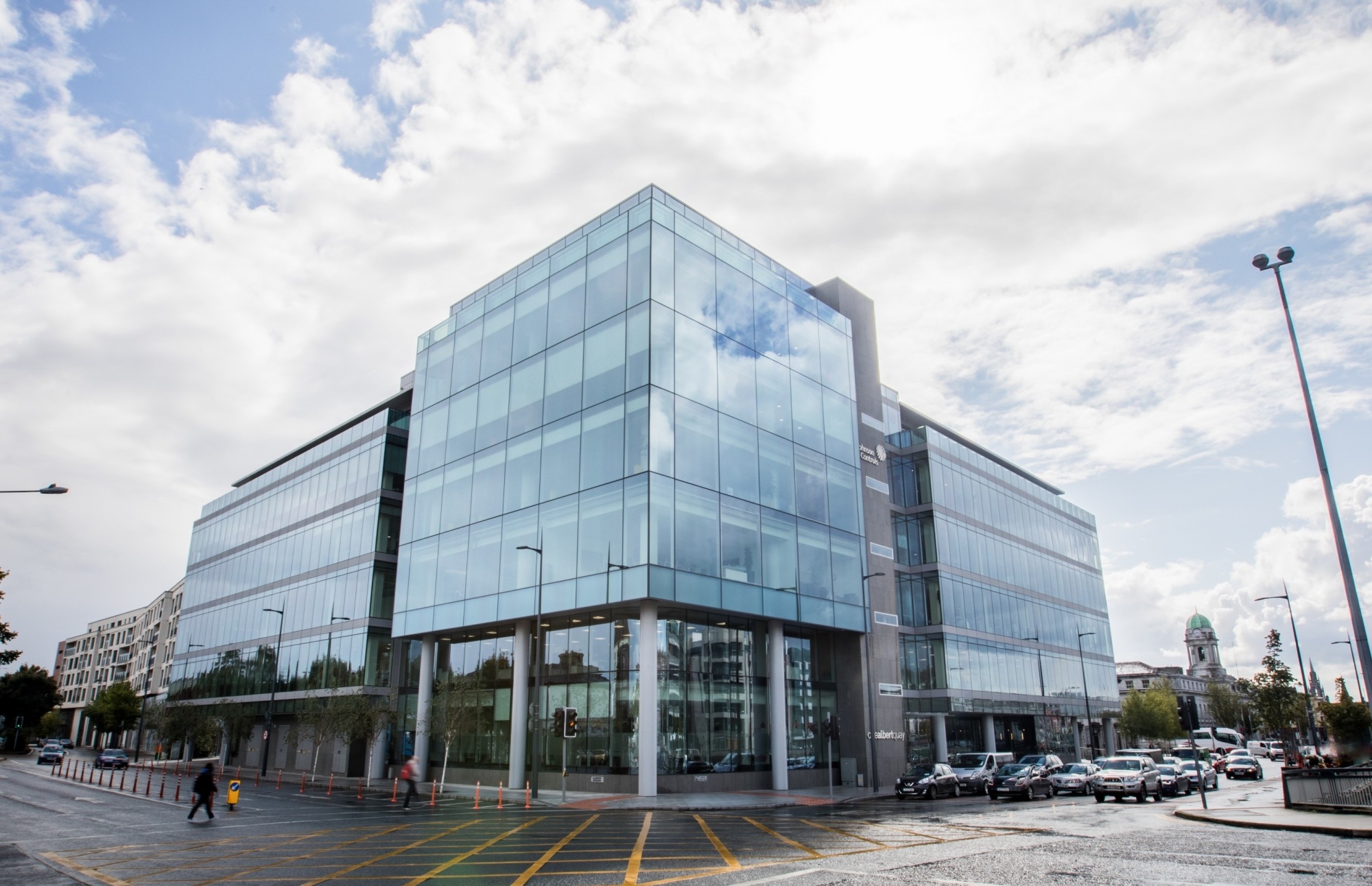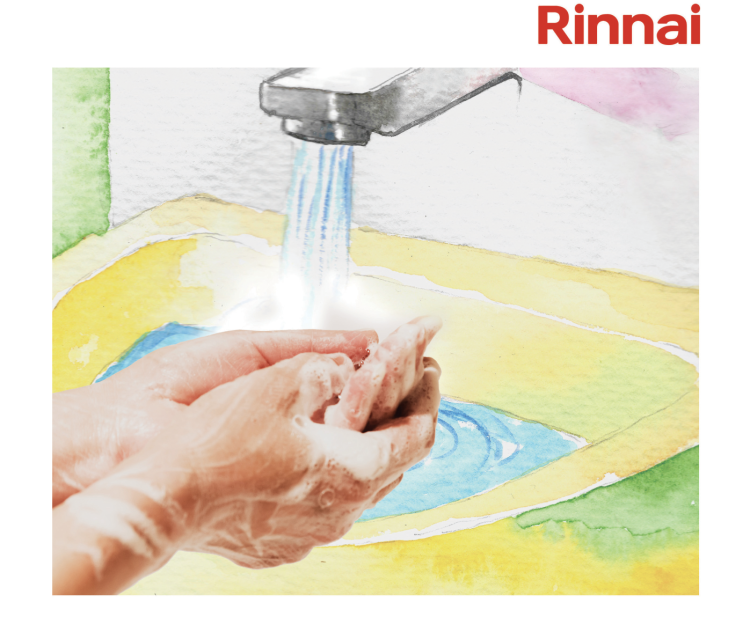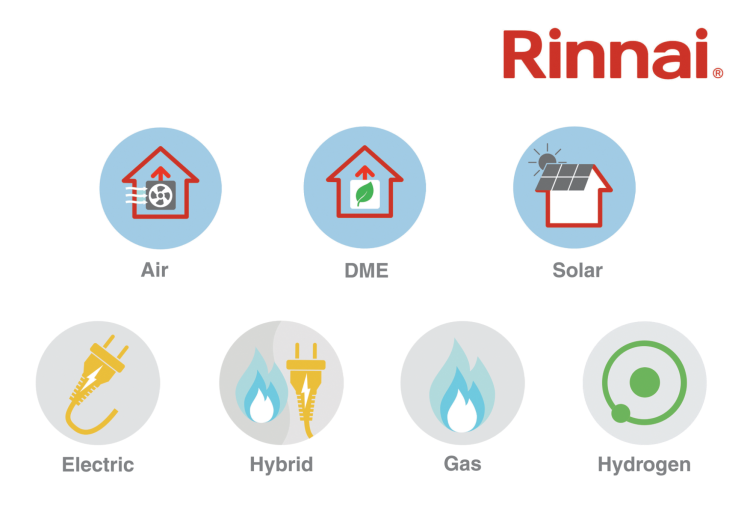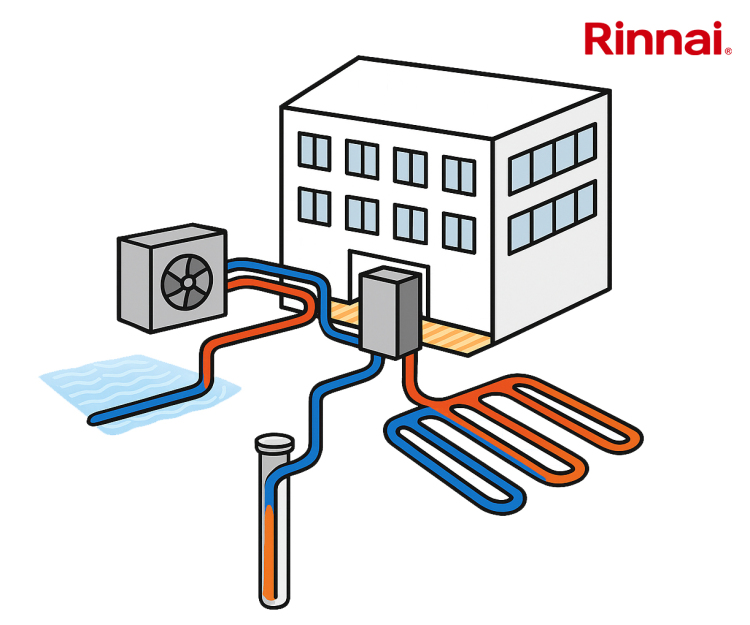23 March 2018
What does the future of smart facilities management look like? One smart building project in Ireland’s tech capital points the way forward for connected facilities management.
We’ve all heard the hype about how the internet of things is going to change the way we run our buildings but for most, it’s more of an interesting possibility than a concrete reality. To change that perception and help facilities managers understand the benefits smart tech could bring them, Johnson Controls is providing a real-world example of how the smart building of the future might look with One Albert Quay, its global headquarters in Cork.
A living, breathing example of the best that connected facilities management can be, the 170,000sq.ft building employs connected technologies to control everything from security, fire detection and prevention to HVAC and access management.
Its smart systems are all connected to one another, helping to make the site smarter, safer and more sustainable. Data analytics are employed throughout the building to direct intelligent decision making about the operation of on-site facilities of all kinds.
“We’re extremely proud of the way in which One Albert Quay demonstrates the impact of integrated, connected technology for security and facilities management,” said Donal Sullivan, vice president and general manager at Johnson Controls. “By integrating access, fire and security systems with innovative new data gathering techniques and site management tools, businesses can massively reduce their administration costs, save on energy and improve employee experience.
“Connected technology is here to stay, and as One Albert Quay proves, it is the key to a highly efficient and stimulating business environment.”
Investment
The Grade-A building has also brought new opportunity and investment to the city of Cork. Johnson Controls has a staff of more than 300 with scope for further growth, while One Albert Quay also plays host to a number of major international companies including PwC, Investec, Arup Engineering, MalwareBytes and Hortonworks.
Security, comfort and energy efficiency
One Albert Quay was designed to push the limits of energy efficiency and sustainability. From the early stages of construction, the building used energy saving insulation, rainwater collection, automatic power use management and sustainably sourced building materials. Almost a fifth of total UK carbon emissions come from non-domestic buildings but One Albert Quay uses smart technologies to defy the limitations of conventional building design.
IoT
One Albert Quay was designed with the user in mind. The building incorporates IoT systems to process and connect data from access management, CCTV, lifts, room reservations and traffic movement. This improves facility management and security capabilities. Data is stored securely to avoid any danger of an information breach.
Analysis of data gathered through IoT devices allows building managers to provide the best possible experience for employees and visitors. By analysing transport methods, parking, routes through the building, restaurant purchases and energy use, building managers are able to tailor the facilities and services on the fly to adapt to changing needs throughout the day.
The real-time update service provides employees with information on every aspect of the building and the immediate surrounding area. This in turn would help them plan their day and maximise resources - for example, by helping them avoid arriving at the building’s car park when it is already full.
Looking to the future
Johnson Controls delivered Ireland’s smartest building ahead of schedule, with construction taking just 16 months from breaking ground to completion.
One Albert Quay is certified Gold under the US Green Building Council’s Leadership in Energy and Environmental Design (LEED) scheme. The accreditation dictates that at least a 36 per cent saving must be achieved in energy-related operating costs across the building.
To reach this target, Johnson Controls installed rainwater harvesting and treatment facilities, highly efficient solar-reflective external glazing, LED lighting with lux-level sensors throughout and solar thermal collectors to pump natural heat into the building. The development also has a glazed central atrium which brings light into the centre of the building, reducing the need for artificial, power-consuming illumination.
Further, a single-unit battery has been installed in the basement to take advantage of ‘peak shaving’. The battery is charged overnight, when energy is cheaper, with the electricity deployed during the day to power buildings systems in a cost-efficient manner.
Integrating smart data
The advanced integration of a wide range of IoT solutions means that access management, CCTV, lifts, room booking and payment systems are all linked to one another, giving managers a single comprehensive view over the whole facility.
The lifts are one fine example of a smart solution that saves time and money. Upon entry, the AC2000 Linux-based access management system identifies which floor the person is booked to visit and, in tandem with Schindler’s smart lifts system, automatically directs them to the lift which will get there first.
The building’s stairways, corridors and wider floors also have capabilities to provide information on employee health and flow through the building to help inform items such as restaurant meals based on accumulative activity levels. The restaurant operates a cashless system, providing transaction data to aid in development of menu options. The car park also has number plate recognition technology installed to ensure that only employees or registered guests can gain access with the minimum of fuss.
What about the security of all this data?
It is anonymised before processing and stored to ensure the highest level of security and privacy. Employees can choose to opt-in to specific programmes involving data collection, providing further material for our research and development to utilise.
A picture of tomorrow
While tenants’ systems are kept segregated behind separate firewalls to ensure internal privacy, Johnson Controls’ integrated, unified architecture points to the future of office block management, when central decision makers will manage all companies in the building from one dashboard.
Picture: One Albert Quay
Article written by Cathryn Ellis | Published 23 March 2018
Share
Related Articles
Housing Association Clarion Instructed Staff to Fake Fire Safety Notices
A Sky News investigation has revealed that a manager at Clarion Housing encouraged an employee to falsify a fire safety notice in one of the housing association’s...
Read Full Article
Company Fined £165,000 for ‘Blatant Disregard’ for Fire Safety in Preston Redevelopment
A construction firm has been fined for repeatedly ignoring fire safety precautions during the conversion of a Preston warehouse into residential apartments.
Lancashire...
Read Full Article
Campaign Groups Urge Sadiq Khan to Halt Tower Block With One Staircase
The Fire Brigades Union and other groups have written to Sadiq Khan and Bromley Council leader Colin Smith, raising concerns over plans for a 17.7-metre-high development...
Read Full Article
Six Trends Influencing the Future of Office Environments
Once a fundamental of working life, the traditional office setup is changing. Adil Sheikh from MuteBox outlines the latest changes in working dynamics.
Adil...
Read Full Article
What is the Smartest City in Europe?
With London previously taking the top spot for smart technology infrastructure, which European city has emerged as 2024’s smartest?
The Smart City Index uses...
Read Full Article
What We Know so Far About the Valencia Apartment Block Fire
Emergency services have attended the scene of a fire at a high-rise apartment complex in Valencia, Spain
The fire occurred on Thursday 22 February at a...
Read Full Article
59% of Business Electrical Fires Caused by Faulty Equipment
Data from UK fire and rescue authorities has identified the number of electrical fire-related callouts to businesses.
Using statistics from 32 fire and...
Read Full Article
Medway Council Targets 20% Reduction in Emissions Across 11 Public Buildings
Libraries, theatres and leisure centres in the South East of England are being targeted for carbon emission reduction in association with SSE Energy Solutions and Medway...
Read Full Article
Masdar City – A ‘Greenprint’ for the Future?
Masdar City is being hailed as a best-in-class example of an eco city of the future and a hub for cleantech companies.
Watch the...
Read Full Article
Equans and Valeo Collaborate to Develop Green Cities
Equans and Valeo have launched their partnership to create intelligent and low-carbon cities of the future at the VivaTech trade show in Paris.
The companies will work...
Read Full Article

.gif)


.gif)
.gif)







.png)

